Premium Only Content
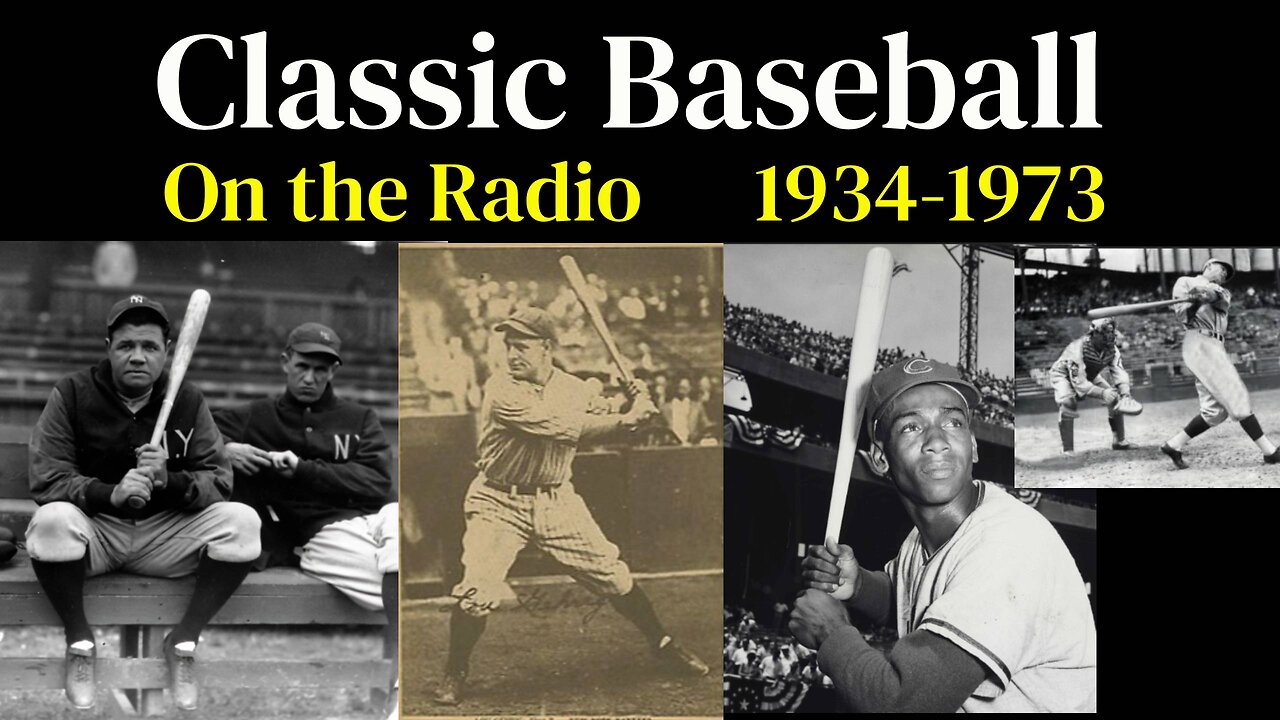
1953/07/01 St. Louis Browns at White Sox
You’re listening to radio broadcasts of baseball from 1934 – 1973.
All the greats from the past can be heard in play-by-play action. You’ll hear All-Star games from the 30s as well as individual games of your favorite teams.
Baseball stormed into the 1930s on a voracious high, riding high-speed momentum on the field and on the bottom line; as the fans were thrilled by the boom in offense, the front office was similarly elated by the explosion in profits.
But outside events would slam the brakes on the game’s go-go mentality. The stock market crashed at the end of 1929—sending stocks on a downward spiral that bottomed out in 1932 with a Dow Jones Industrial Average not of 10,000 or 1,000, but 40. Unemployment shot up to 25%, and the only housing growth that seemed to be taking place was those of the shantytowns, makeshift encampments for the many out of work.
The American League continued to deliver all-out offense, propelled by its abundance of hitting stars led by Jimmie Foxx, Lou Gehrig, Hank Greenberg, Earl Averill and Charlie Gehringer. The only AL pitcher who seemed constantly capable of figuring out the hitters was unstoppable ace Lefty Grove.
Meanwhile, the National League—after cranking out an over-the-top batting binge in 1930—muted the hit parade and gave pitchers the equilibrium they’d been desperately seeking since the end of the dead ball era. The NL’s biggest stars of the decade lived on the mound: The colorful, controversial Dizzy Dean, and quiet screwball artist Carl Hubbell.
World War II stripped many of the game’s greats of up to four years of their prime in baseball. If not for armed conflict, Ted Williams—arguably the best pure hitter the game has ever seen—might have finished his career with 3,200 hits and 650 home runs. Warren Spahn, the game’s most productive southpaw, quite possibly would have topped 400 wins. Bob Feller, armed with a supersonic fastball, could have won 300 games, and struck out 3,500. Hank Greenberg might have joined the 500-home run club, while Washington’s Mickey Vernon could have made it to 3,000 hits. But from the heart and to a man, every ballplayer would have considered such a relatively trivial loss of statistics as a small sacrifice compared to helping America defeat the Axis powers.
-
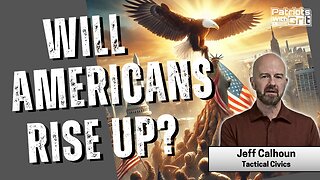 UPCOMING
UPCOMING
Patriots With Grit
4 hours agoWill Americans Rise Up? | Jeff Calhoun
150 -
 14:55
14:55
Exploring With Nug
4 hours ago $0.82 earnedWe Found Semi Truck Containers While Searching for Missing Man!
17.9K3 -
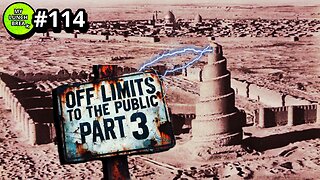 27:57
27:57
MYLUNCHBREAK CHANNEL PAGE
12 hours agoOff Limits to the Public - Pt 3
36.6K45 -
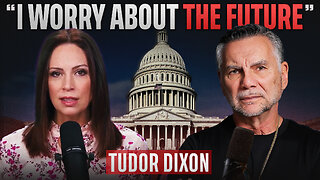 38:07
38:07
Michael Franzese
5 hours agoLeaving Organized Crime and Uncovering Mob in Politics: Tudor Dixon and Michael Franzese
32.5K10 -
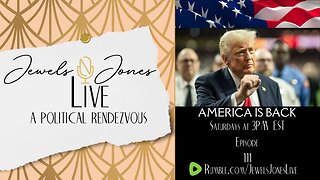 2:42:54
2:42:54
Jewels Jones Live ®
1 day agoAMERICA IS BACK | A Political Rendezvous - Ep. 111
30.4K34 -
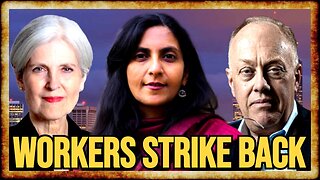 LIVE
LIVE
Due Dissidence
1 day agoLIVE: Workers Strike Back Conference ft. Chris Hedges, Jill Stein, Kshama Sawant, and More!
1,279 watching -
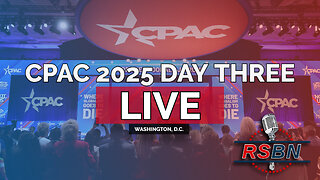 8:36:37
8:36:37
Right Side Broadcasting Network
5 days agoLIVE REPLAY: CPAC 2025 Day Three with President Donald J. Trump - 2/22/25
368K89 -
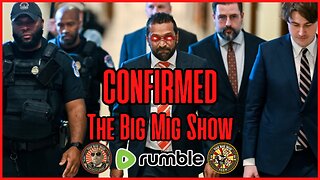 1:05:34
1:05:34
The Big Mig™
13 hours agoConfirmed Kash Patel New FBI Director, Bring On The Pain |EP483
61.2K21 -
 53:59
53:59
Tactical Advisor
8 hours agoThe Vault Room Podcast 009 | Everyone Getting $5000?!
55.6K11 -
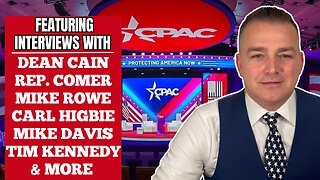 2:04:44
2:04:44
TheAlecLaceShow
20 hours agoLive at CPAC | Interviews with Dean Cain, Rep. Comer and more! | The Alec Lace Show
66.6K3